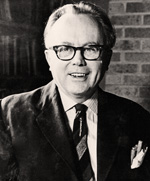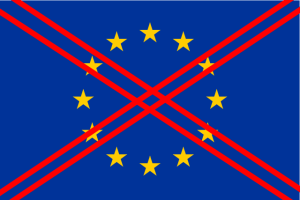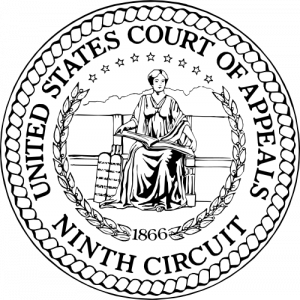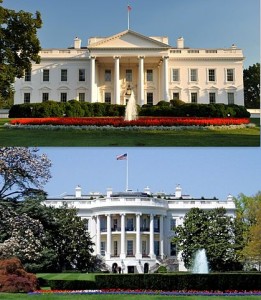A few additional notes regarding George Hawley’s fascinating look at dissent within the right:
Notwithstanding the Trump Ascendancy, his belief that moderate libertarianism-or conservatarianism, as some have dubbed it-will exert the greatest influence over mainstream conservatism in the years ahead holds some merit. The disdain the modern conservative movement has for genuinely libertarian ideas is reflected in the figure of Jonah Goldberg, someone whom every group described in Professor Hawley’s book would view with contempt, at best. The fact that his publication has gone out of its way to publish writers who present a watered-down, libertarian lite perspective merely demonstrates the resonance of certain libertarian ideas within the broader conservative public.
Much like William F. Buckley’s attempts to modulate and co-opt organic conservatism years ago, the editors of National Review are now attempting to channel popular discontent on the right, this time manifesting itself in the form of libertarian activism, for their own purposes. Personally, I think these efforts will be as successful as NR’s Against Trump broadside. That said, I do believe that the Republican Party will continue to trend in the direction of Rand Paul and Justin Amash as the deep unpopularity of its current Chamber of Commerce/K Street-dominated policy platform becomes inescapable to even the most tone-deaf politician.
While paleoconservatism, per Paul Gottfried, as an organized political philosophy may well be dead, many of the strands which animated its brief hold upon the public consciousness remain intact. Shorn of useless nostalgia for a bygone era and esoteric, internecine conflicts, its central tenets remain appealing to a broad minority of the electorate. Despite the increasing secularization of this country, there remains a huge portion of the population deeply committed to their faith. With the state’s increasing attack upon their core values, it’s possible that they might make common cause with anarcho-capitalists, i.e. libertarians who actually believe in freedom of association. Although the grip of neoconservatives upon the Republican Party has been permanently broken, they still have a multi-billion dollar intellectual infrastructure and-in the form of Hillary Clinton-an enormous potential influence over future White House foreign policy. Those who considered themselves paleocons still have an important role to play in militating against disastrous foreign policy decisions which further dilute and weaken the Western world.
Likewise, the millions of Americans who feel burdened by multigenerational chain migration and our government’s open borders mania will not simply remain on the sidelines of history as their country and their cultural heritage is effaced. These patriotic individuals must form the core of any future right wing movement which intends to replace the desiccated conservative establishment.
One of my only reservations about Professor Hawley’s exceptional work is his classification of Third Positionists as a distinctively right wing political movement. While it’s indisputable that white nationalists don’t believe in equality as the highest good, obviously, and thus would not be considered aligned with the left under Hawley’s thesis, I think it would be a mistake to assume they automatically belong on the right. Even as they militantly oppose multiculturalism, they espouse a racial collectivism which I believe conflicts with the defining feature of right wing thought shared by minarchists, anarcho-capitalists, Objectivists, and even Kirkian conservatives. Namely, the diminution of power exercised by the state in favor of individual autonomy and freedom exercised by non-state institutions, e.g. family, churches, and private entrepreneurs.
A good example illustrating the division between these 2 philosophies can be found in the writing of one of the men profiled by the author, Samuel Francis. Someone who did not oppose the managerial state per se, but only the structure which opposed the interests of his race. Similarly, Richard Spencer-whose work is described in the chapter Voices of the Radical Right-vehemently opposed Brexit, the single greatest policy victory of the right in recent memory, because he believes in a European super-state, albeit one which is mono-racial. To make an historical comparison, while Otto Von Bismarck is generally thought of as a conservative figure, it’s difficult to reconcile that label with his creation of the first modern welfare state and eradication of local autonomy among German peoples.
Putting that quibble aside, I can’t recommend George Hawley’s work highly enough. It accurately and objectively examines the contemporary conservative movement’s founding myths while also exploring what might happen when that movement ultimately collapses. I would urge anyone interested in 20th century American history, the history of conservatism as an ideology, or political science in general to read it. As the intellectual architecture of mainstream conservatism slowly but inevitably erodes, it’s worth understanding how exactly we got here. Professor Hawley has provided a coherent, lucid and engrossing answer.








Recent Comments